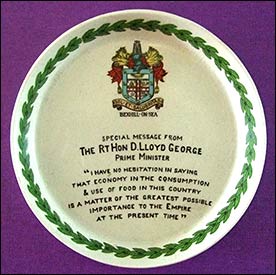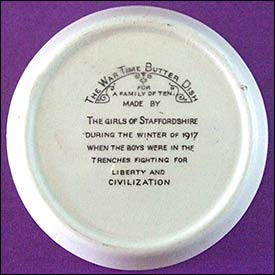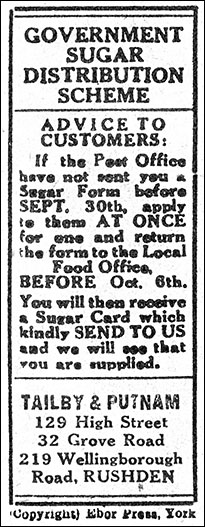|
||||||
|
Rationing WWI
|
||||||
|
|
||||||
|
||||||
Rationing was introduced in February 1918, in response to the effective U-boat campaign by Gremany during World War One. The Defence of the Realm Act (DORA) was used to prevent food shortages. Self-imposed food shortages were caused at the start of the war by people panic buying food and hoarding it at home. Britain continued to import food during the war mainly from America and Canada. The merchant ships had to cross the Atlantic Ocean and in 1917, and the Germans introduced unrestricted submarine warfare and many merchant ships were sunk. This had a dramatic impact on our supplies and food had to be rationed so that no-one starved. In April 1916, bread was a staple part of most diets and there was only six weeks of wheat left. Food prices rose and, in October 1916, coal was in short supply and was rationed by the number of rooms in a house.
Despite this, the impact of the German U-boat campaign made shortages a serious problem by 1918. More food items were added to the list as the year progressed: sugar in January 1918, meat in April, then butter, cheese and margarine. Ration cards were issued and every person had to register with a butcher and grocer. |
||||||
|
|
||||||


